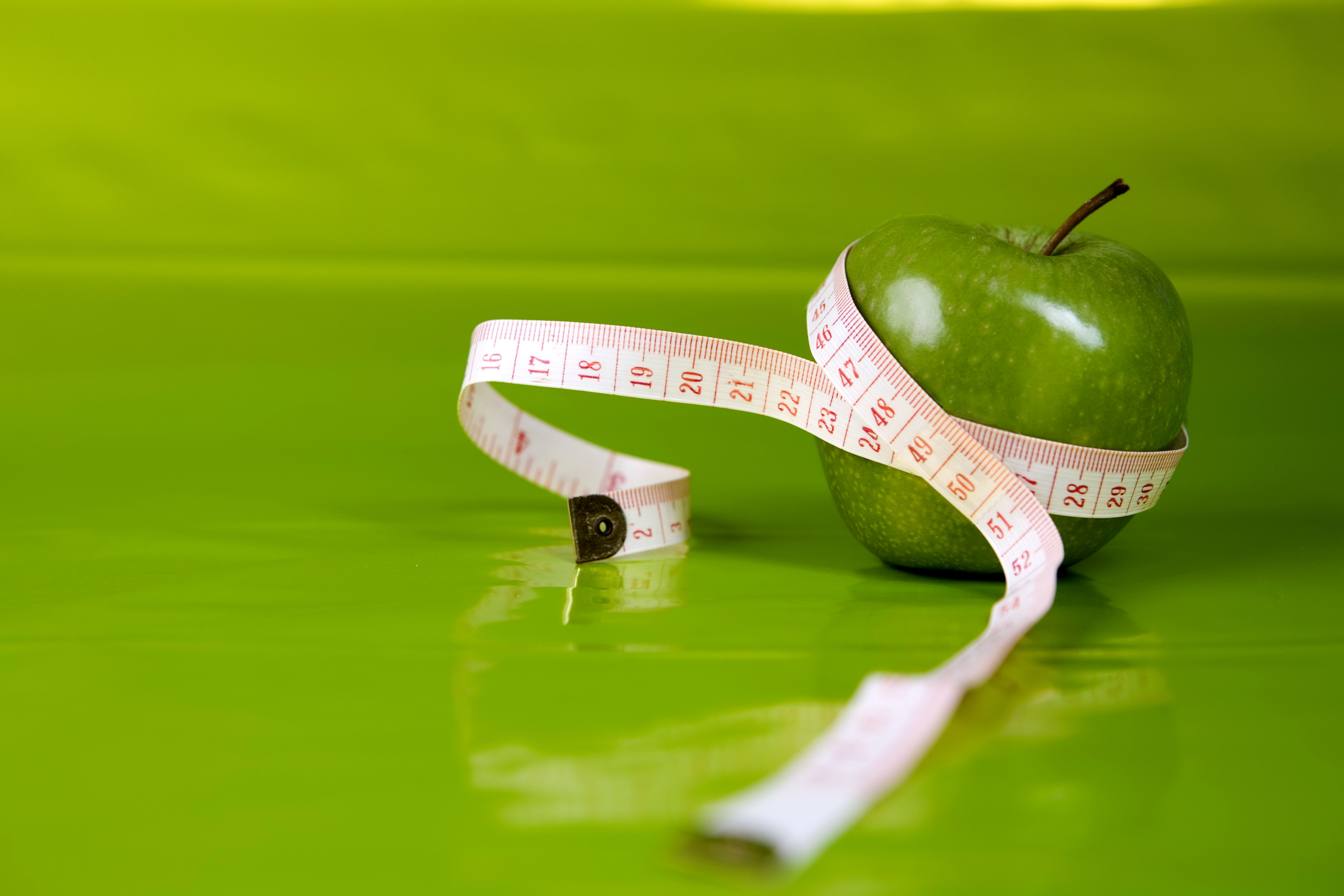A calorie is a calorie is a calorie” it is said — that it doesn’t matter whether you eat a 100 calories of candy or broccoli, they will have the same effect on your weight. It’s true that all calories contains the same amount of energy (4,184 Joules). Hence, in an energy perspective - a calorie is a calorie.
BUT as a matter of fact a calorie is not really a calorie. Why not???
The simple answer is that different macronutrients i.e., Carbohydrates, Protein and Fat, have different effects on the body’s metabolism. Some important points are:
1. Caloric Value
2. Thermic Effect of Food
3. Whole vs. Processed Food
1. The caloric values
A calorie is a measure of energy, so the caloric value tells us how much energy we consume. Moreover, the different macronutrients have different caloric values or rather contains different amount of energy.
a) Carbohydrates or Carbs have 4 calories per gram
b) Proteins have 4 calories per gram
c) Fats have 9 calories per gram
So what does that mean?
For example if you eat 100 gram of protein and 100 gram of fat, they have a different caloric effect on your body with 400 calories for protein and 900 calories for fat. Imagine the difference between eating 300 gram of chicken and 2-3 scoops of ice cream.
2. Thermic effect of food (TEF) or how much energy the body uses digesting and storing the food you eat.
a) Carbs 5-10%
b) Protein 20-30%
c) Fat 0-3%
For example if you eat 400 calories of carbs, protein and fat the effect on the body is:
1. 400 calories of carbs TEF = -40 calories => Useable calories = 360
2. 400 calories of protein TEF = -120 calories => Useable calories = 280
3. 400 calories of fat TEF = -12 calories => Useable calories = 388
If we revert to the example above with chicken vs. ice cream your energy balance for eating 300 gram chicken is ca. 280 calories, while your couple of scoops of ice cream is more than 800 calories. Therefore, protein calories are less fattening than calories from carbs and fat, because protein takes more energy to metabolize.Studies show that high-protein diets boost metabolism by 80–100 calories per day, compared to lower-protein diets.
3. Whole vs. Processed food
In different studies researchers compared the effect of whole and processed foods on the thermic effect of food – the amount of energy your body uses during digestion. Whole food meal requires double the amount of energy to digest. Hence, two meals could be equivalent in number of calories, but the calories left for use and storage after digestion can differ greatly. Therefore, you should always aim to minimise the amount of processed food you consume.
So a calorie is NOT a calorie. The lesson you can take away is that if you want to loose fat and slim down eat high-protein diet - and lift weights....

